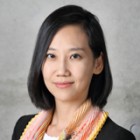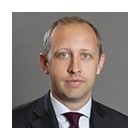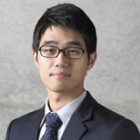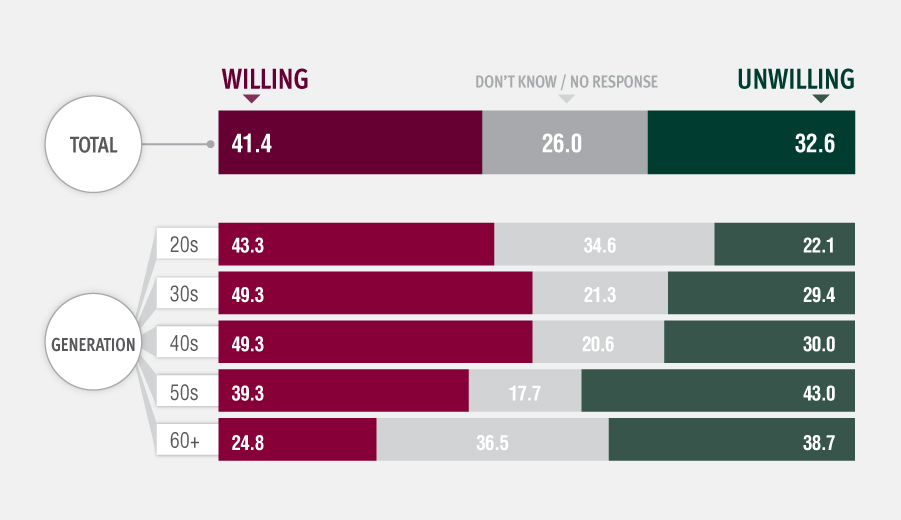Video
Publications
Public Opinion Surveys
Support for the Tax Reform Bill (1/2)
- Expert
- Kim Jiyoon
- Hit
- 925
- Date
- 13-11-07 10:17
August 3-5
Q) Do you support or oppose the current tax reform bill? (%)
A plurality (41.4%) opposed the bill with 32.6% in favor. Opposition was stronger among those in their twenties, thirties, and forties, while a plurality of those in their fifties and sixties or older approved. Nearly one-third of those in their twenties and sixties or older responded as “Don’t Know”, showing an overall lack of interest in the subject.
Notably, even among the taxpaying age groups, there is a significant divide between those in their thirties and forties and those in their fifties. Those in their thirties and forties, who tend to be economically less secure, were more likely to oppose the tax reform than those in their fifties (Opposition to tax reform bill: Thirties, 49.3%; Forties, 49.3%; Fifties, 39.3%).
In terms of occupation, more white-collar workers (56.3%) and blue-collar workers (47.2%) opposed the bill than people in other occupations.
While media outlets predicted a public uproar against the bill, in reality it was not a significant majority that opposed the bill.
METHODOLOGY
The surveys were conducted by Research & Research, and the margin of error is ±3.1% at the 95% confidence level.
All surveys employed the Random Digit Dialing method for mobile and landline telephones.
3-day rolling average?
The sample size of each survey was 1,000 respondents over the age of 19. The surveys were conducted by Research & Research, and the margin of error is ±3.1% at the 95% confidence level. All surveys employed the Random Digit Dialing method for mobile and landline telephones.
This brief is a product of the Public Opinion Studies Center at the Asan Institute for Policy Studies.

Kim Jiyoon
Senior Fellow
Dr. KIM Jiyoon is a senior fellow in the Public Opinion Studies Program at the Asan Institute for Policy Studies. Previously, Dr. Kim was a postdoctoral research fellow at Université de Montréal. Her research interests include elections and voting behavior, American politics, and political methodology. Her recent publications include “Political judgment, perceptions of facts, and partisan effects” (Electoral Studies, 2010), “Public spending, public deficits, and government coalition” (Political Studies, 2010), and “The Party System in Korea and Identity Politics” (in Larry Diamond and Shin Giwook Eds., New Challenges for Maturing Democracies in Korea and Taiwan, Stanford University Press, 2014). She received her B.A. from Yonsei University, M.P.P. in public policy from the University of California, Berkeley, and Ph.D. in political science from the Massachusetts Institute of Technology.

Karl Friedhoff
Karl Friedhoff is a fellow in public opinion and Asia policy at the Chicago Council on Global Affairs. He was previously a Korea Foundation-Mansfield Foundation US-Korea Nexus Scholar and a member of the Mansfield Foundation’s Trilateral Working Group. Friedhoff was previously based in Seoul where he was a program officer in the Public Opinion Studies Program at the Asan Institute for Policy Studies. His writing has appeared in The New York Times and The Wall Street Journal, among others, and he has been a frequent guest on both TV and radio to discuss US foreign policy in Asia, South Korea’s politics, and international relations in East Asia. Friedhoff earned his BA in political science at Wittenberg University and an MA in international commerce at Seoul National University.

Lee Euicheol
Program Officer
Lee Euicheol is a program officer in the Public Opinion Studies Center at the Asan Institute for Policy Studies. His main responsibilities are practicing and analyzing ‘Asan Daily Poll’ and ‘Asan Annual Survey’. His research interests include opinion polls, Korean politics, and elections. He received his B.A. in Business Administration from Yonsei University.




